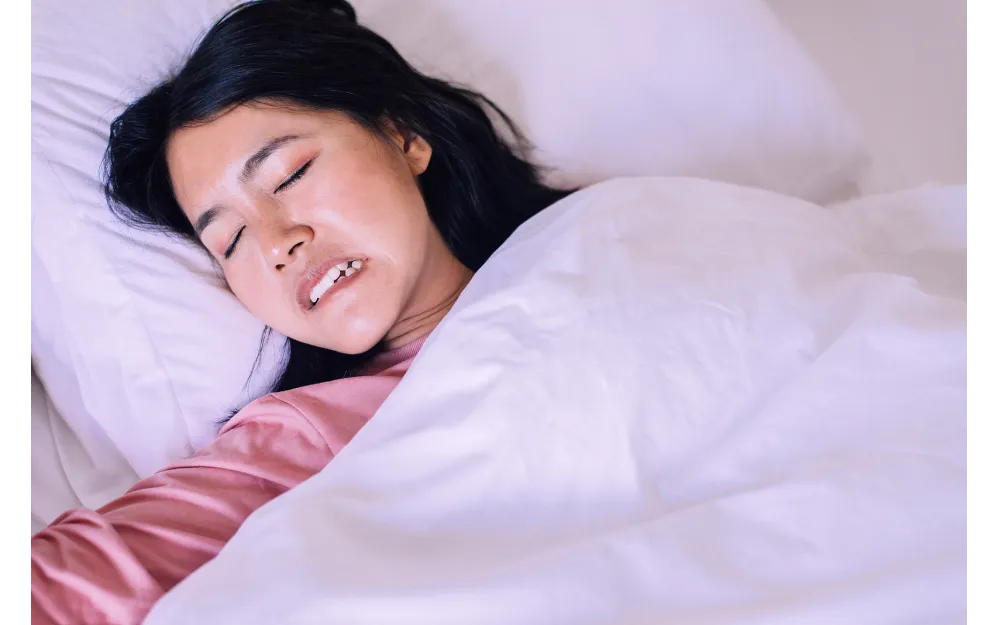Treating Bruxism: Symptoms and Treatment for Teeth Grinding

Teeth grinding and clenching (known in the dental profession by its medical name: bruxism) is on the increase. This is not a surprise once you know that one of the chief underlying causes of bruxism is stress, and you consider the stress that the Covid-19 pandemic has added to people’s lives.
Symptoms of Bruxism
Bruxism appears in all demographics and often presents as jaw clenching and tightening during the day and teeth grinding at night. In severe cases, bruxism can lead to headaches, jaw ache, and even damage to the tooth enamel. If it’s happening when you’re sleeping, you might not even be aware of the damage until your teeth are examined by a dentist.
Primary and Secondary Bruxism
Primary bruxism is caused by a combination of physical, biological and psychological factors that might include anxiety, stress, and your genetic heritage. By contrast secondary bruxism will be a side effect of medication. If you notice a correlation between increased bruxism and a particular course of medication you may wish to speak to your pharmacist or GP about switching to an alternative.
Treatment of Bruxism
There are various preventative measures that your dentist or hygienist may be able to recommend to minimise the impact on your teeth of bruxism - these may include face and jaw exercises or interventions such as splints or retainers.
In the longer term, identifying and removing the root cause may be the most effective treatment. Making lifestyle changes such as reducing stress, avoiding stimulants, sleeping better and scheduling regular dental appointments to monitor your improvements should all help in reducing involuntary bruxism.
If your dentist identifies severe damage from bruxism then they may refer you to our specialist services. Our experienced prosthodontist would make the splint/retainer and then do any build-up treatment to address the tooth wear caused by bruxism..
If you would like to know more about our prosthodontic services, please don’t hesitate to call our reception on 01603 632525. We can book you in for a discussion with our treatment coordinator who will explain each step of the treatment course.
For regular company news and information about our treatments, follow us on Facebook and Instagram.


